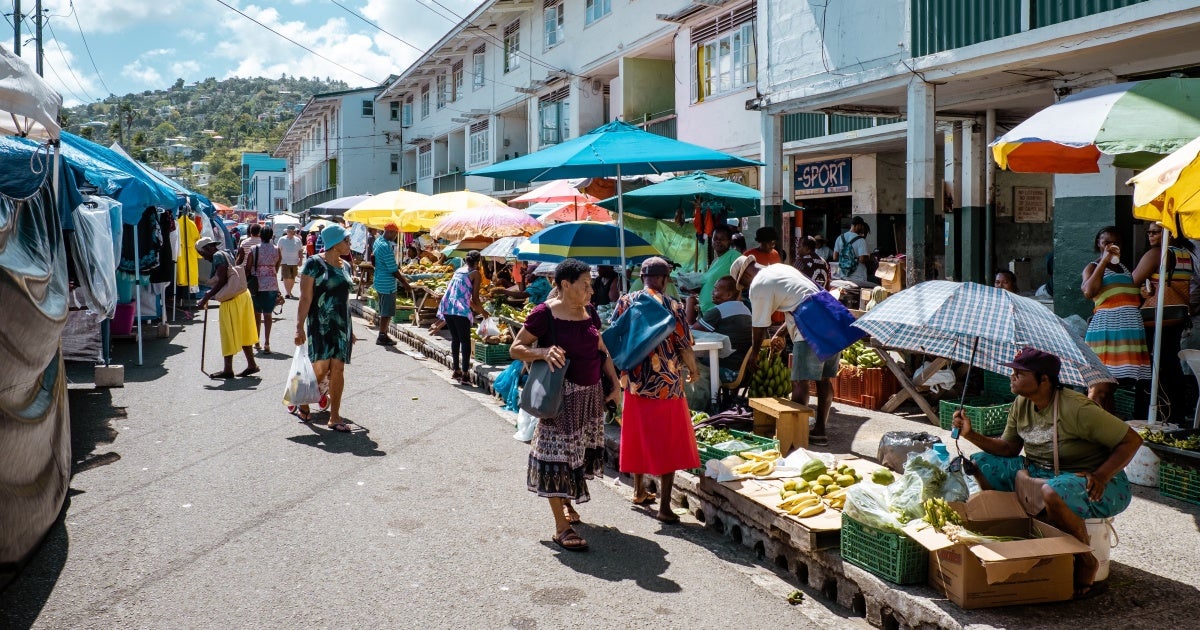In a landmark victory for human rights, Saint Lucia has decriminalized consensual same-sex conduct. The High Court’s decision strikes down laws that criminalized intimacy between same-sex partners, which are discriminatory and inconsistent with international human rights standards.
Until this ruling, Saint Lucia’s Criminal Code punished “buggery” and “gross indecency” with up to 10 years in prison. Although rarely enforced, this vague law and similar ones in other Caribbean countries enabled discrimination and legitimized social stigma and violence against lesbian, gay, bisexual, and transgender (LGBT) people. These statutes were imposed during British colonization, yet post-independence governments have been loathe to repeal them.
A 2018 Human Rights Watch report documented the harmful impact of such laws across seven Eastern Caribbean countries, including Saint Lucia. Many LGBT people in the region have reported discrimination in health care, education, and employment, along with fear of reporting abuse to police. These laws created a climate of fear and exclusion, pushing LGBT communities into the shadows.
The court’s decision is the result of a sustained, courageous legal challenge by both local plaintiffs and regional advocacy groups, including the Eastern Caribbean Alliance for Diversity and Equality and United and Strong.
Notably, the court held that “public humiliation, vilification and even physical attacks on homosexuals would be a concomitant effect of the stigmatization created by the criminalisation of such conduct. It can hardly be said that such eventualities are in keeping with the dignity of certain categories of citizens and are in accordance with evolving standards of decency in a free and democratic society.”
Saint Lucia now joins its neighbors Antigua and Barbuda, Barbados, and Dominica, Saint Kitts and Nevis in affirming that criminalizing same-sex conduct is incompatible with constitutional protections, including of equality, nondiscrimination, privacy, security, freedom of expression. This ruling builds on robust legal precedents from around the world.
Nonetheless, five Caribbean countries – Grenada, Guyana, Jamaica, Saint Vincent and the Grenadines, and Trinidad and Tobago – still maintain versions of these laws. In the two latter, courts recently rejected constitutional challenges.
Criminalizing private, consensual intimacy violates international legal standards, including those articulated by the United Nations and the Inter-American human rights system. It also undermines public health, safety, and the rule of law. Saint Lucia’s ruling is a powerful reminder that upholding human rights for LGBT people strengthens democracy and justice for all.




